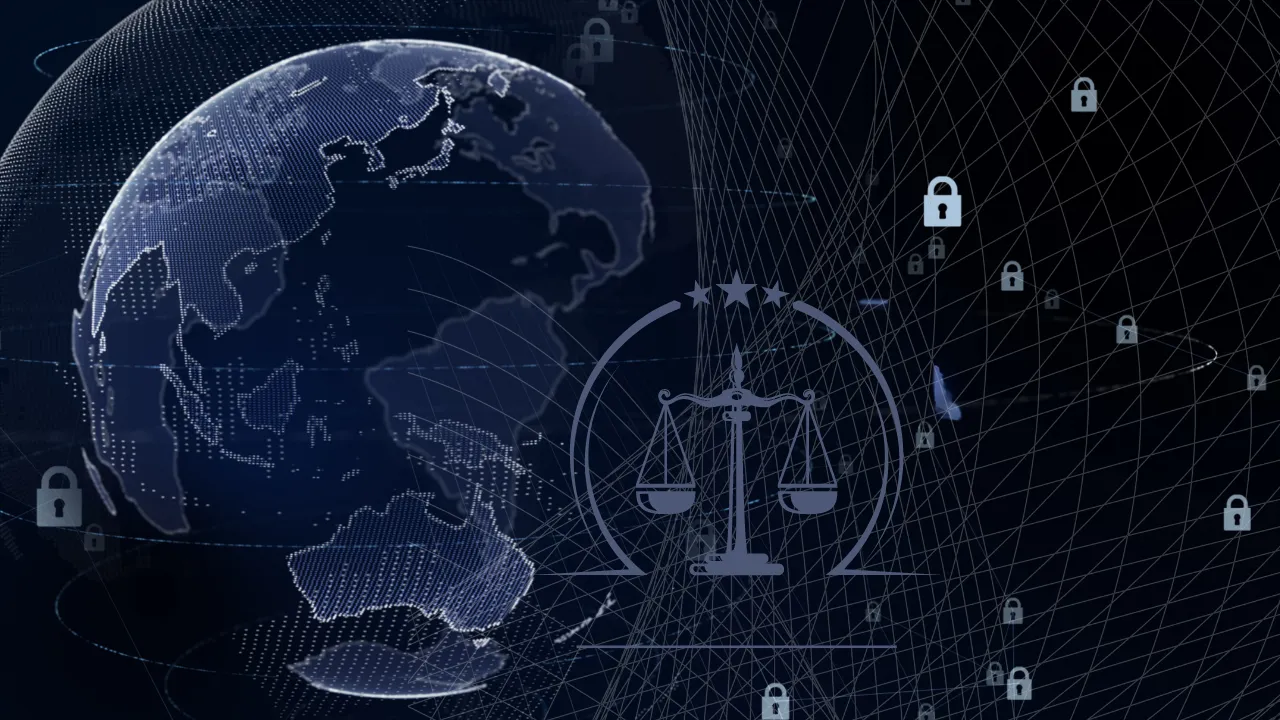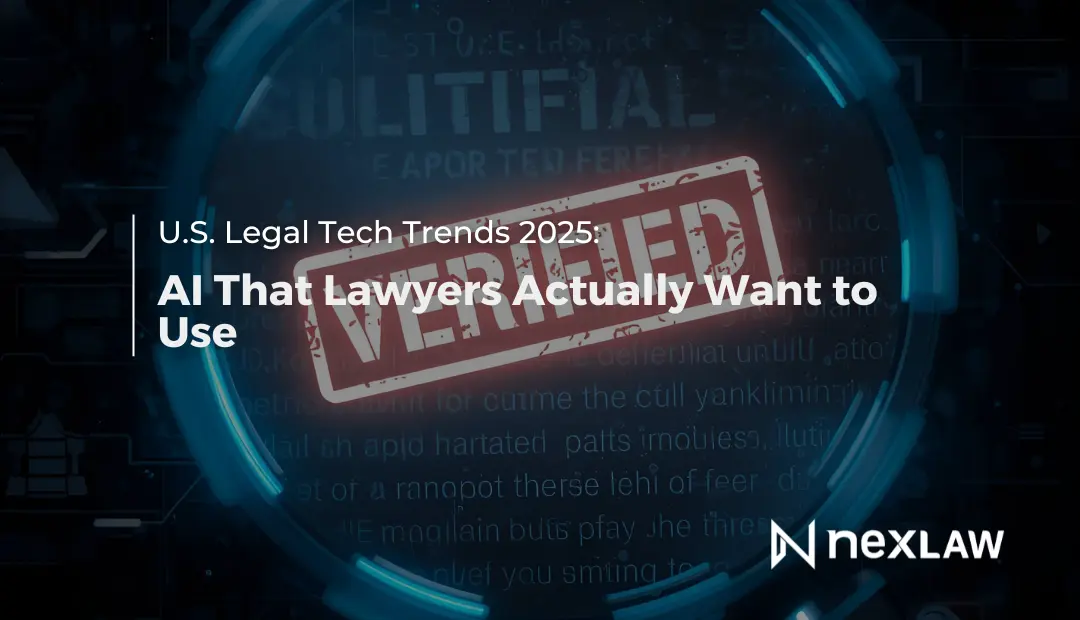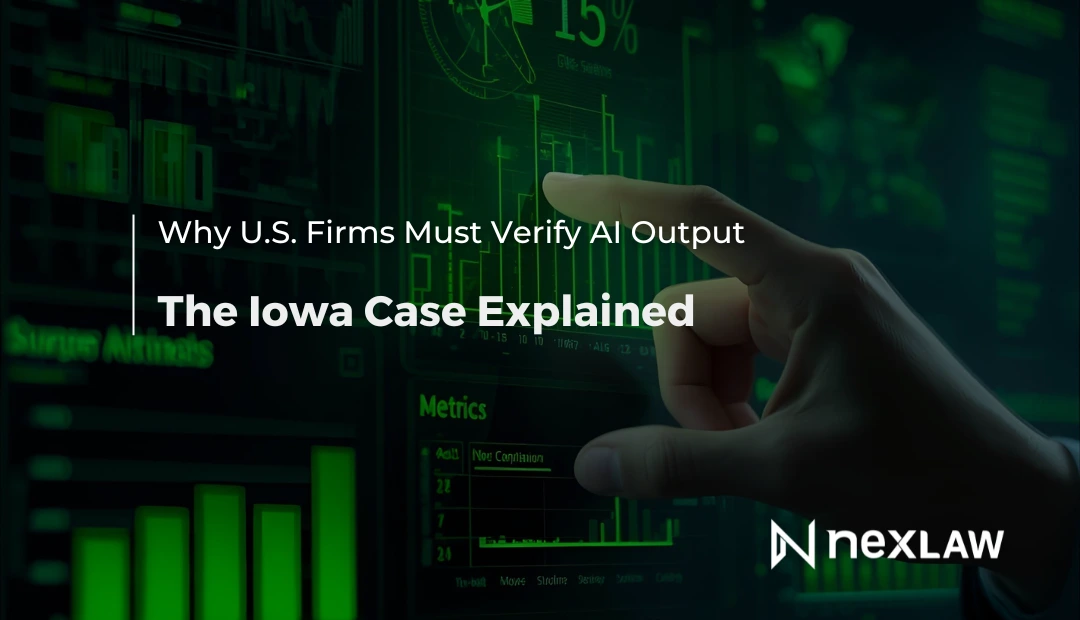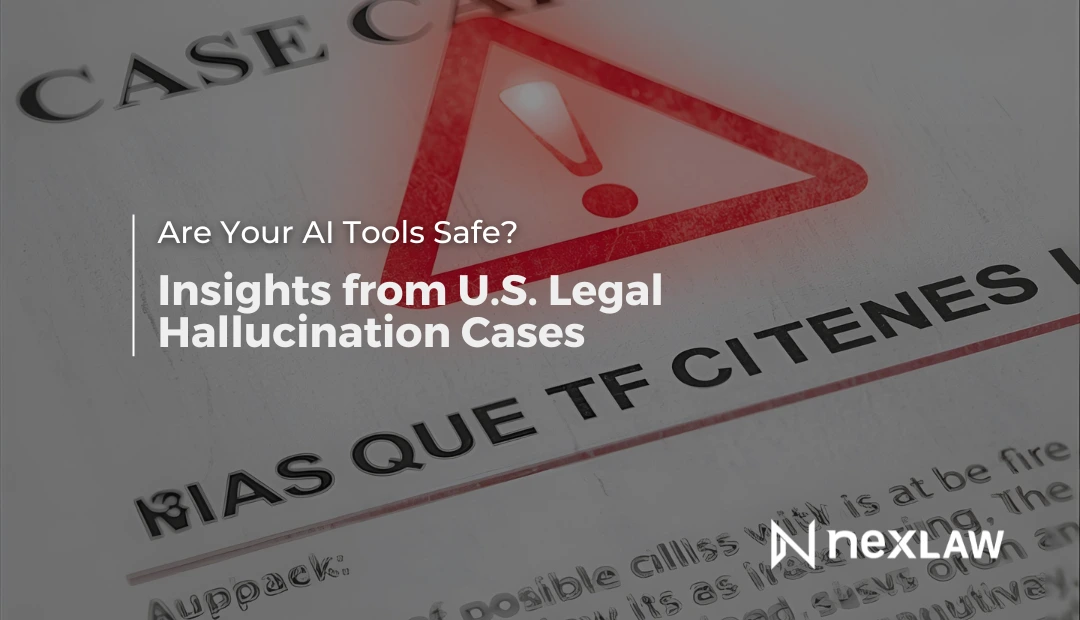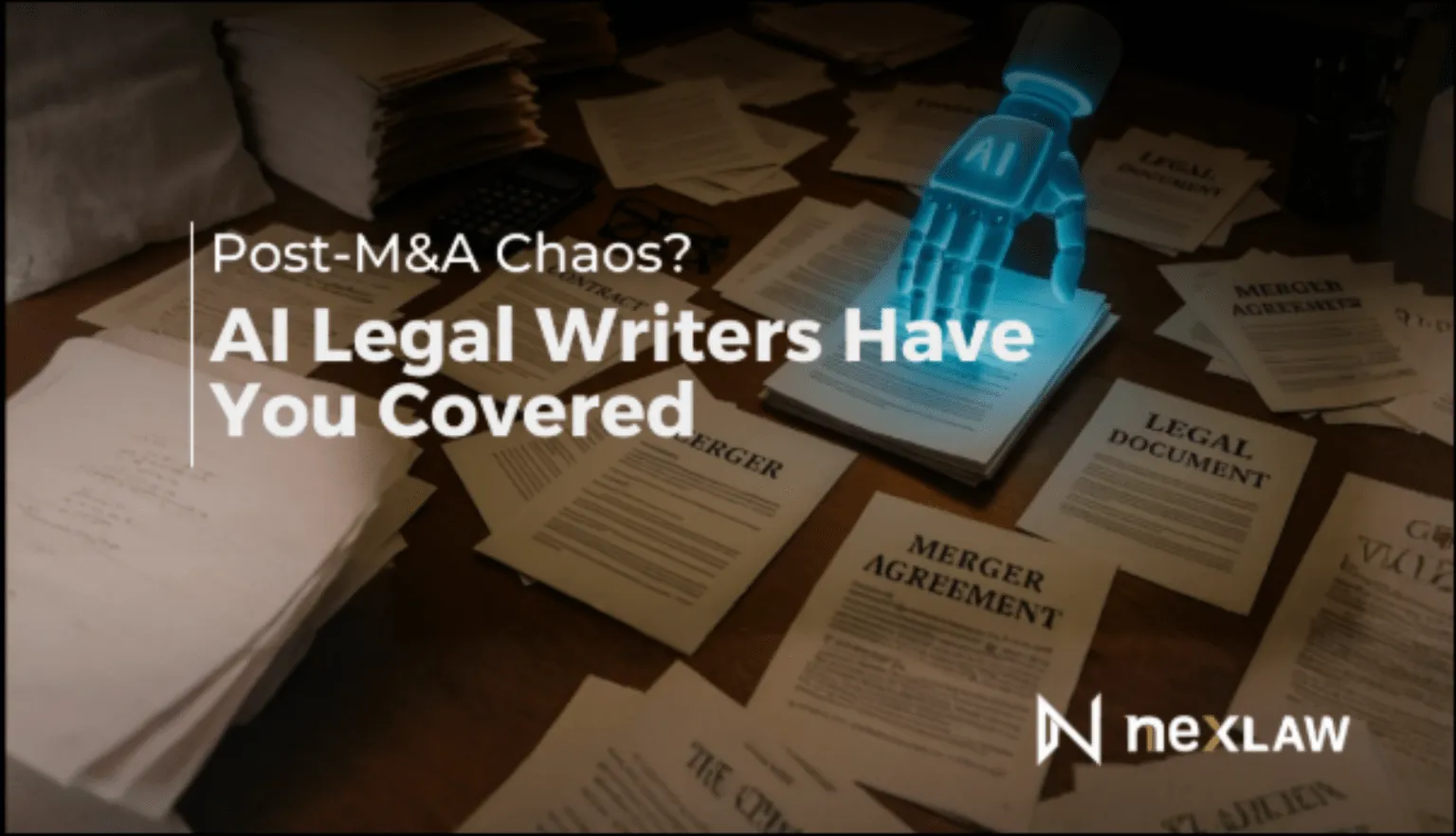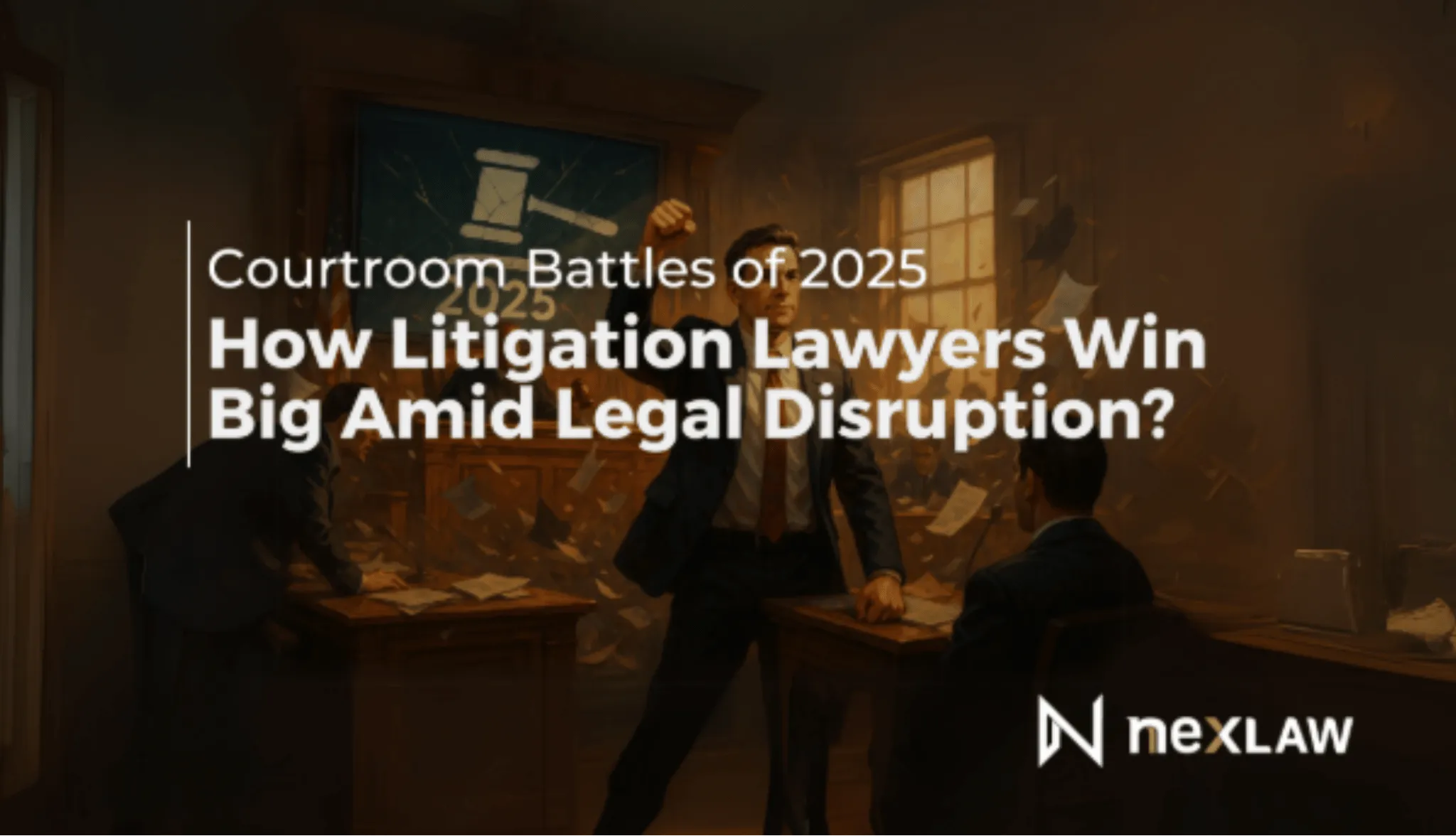Harnessing Legal AI in Canada: Nexlaw.ai and the New Standard for Smart Lawyering
Introduction
Artificial intelligence is reshaping the legal profession in Canada, moving from a buzzword to a business-critical tool. As the complexity of legal work grows and clients demand faster, more cost-effective services, Canadian lawyers are increasingly turning to AI-powered solutions. Among the emerging leaders is Nexlaw.ai, a platform designed with Canadian legal professionals in mind. This article explores the current landscape of legal AI tools in Canada, the features and impact of Nexlaw.ai and real cases that highlight both the promise and pitfalls of this technology.
Unlock Legal Insights Instantly
The Canadian Legal AI Boom: Trends and Adoption
The Surge in AI Usage
Recent years have seen an unprecedented rise in AI adoption across Canadian law firms. According to the 2024 Clio Legal Trends Report, 79% of Canadian lawyers now use some form of AI in their daily practice-a leap from just 19% in 2023. The main drivers are:
- Data Overload: The volume of electronic evidence and documentation has exploded.
- Client Expectations: Clients expect rapid, transparent and affordable legal services.
- Professional Responsibility: The Federation of Law Societies of Canada (FLSC) now emphasizes technological competence as a core ethical duty.
Key Players in the Canadian Legal AI Market
While global giants like Thomson Reuters CoCounsel and LexisNexis are widely used, Canadian-specific tools such as Nexlaw.ai are gaining ground due to their focus on local law, privacy compliance and integration with Canadian legal databases.
Nexlaw.ai: Purpose-Built for Canadian Lawyers
Nexlaw.ai is a next-generation AI legal assistant tailored for the Canadian legal system. It leverages advanced natural language processing and machine learning to assist lawyers with:
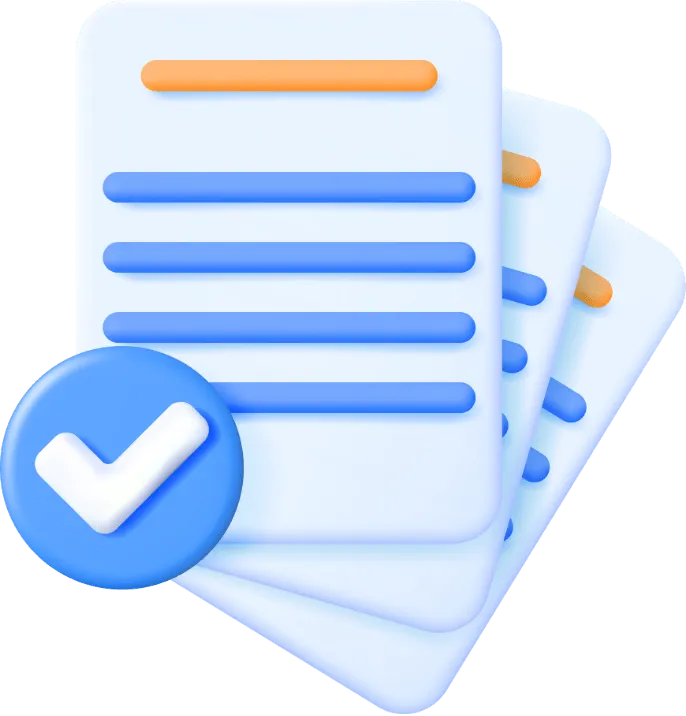 Automated document review
Automated document review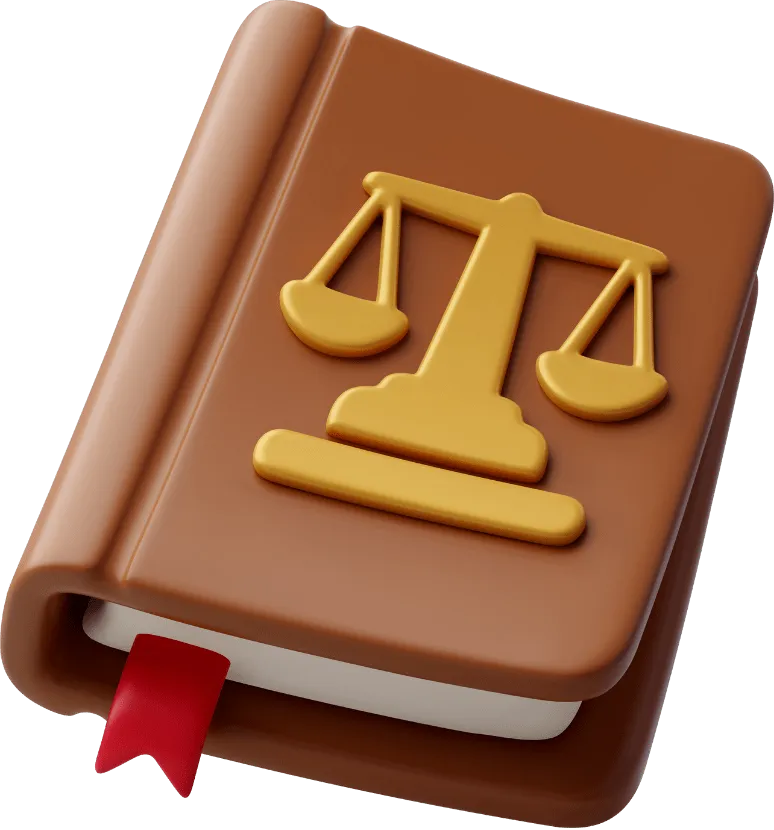 Legal research
Legal research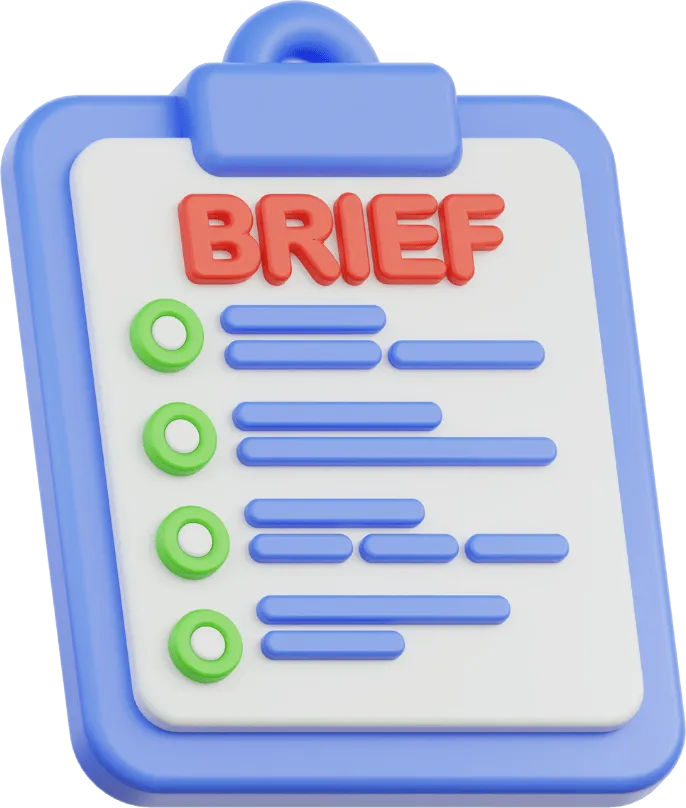 Drafting and summarization
Drafting and summarization Compliance and ethics checks
Compliance and ethics checks
What sets Nexlaw.ai apart is its training on Canadian statutes, case law, and legal writing, ensuring that its outputs are relevant and reliable for Canadian practitioners.
Features and Benefits of Nexlaw.ai
| Feature | Description | Practical Impact |
|---|---|---|
| Rapid Document Review | Analyzes contracts, pleadings and discovery documents for clauses and risks in minutes | Cuts review time by 80–90% |
| Canada-Specific Research | Searches Canadian case law and statutes, providing citations and summaries | Ensures accurate, up-to-date research |
| Drafting Assistance | Helps draft contracts, pleadings and memos in Canadian legal language | Reduces drafting time by up to 50% |
| Compliance /Ethics Monitoring | Assist legal professionals in maintaining compliance and upholding ethical standards | Supports professional responsibility |
| Integration | Supports secure, cloud-based work and practice management tools | Seamless workflow for law firms |
Real-World Scenario: Corporate Transaction Due Diligence
The Challenge
A mid-sized Toronto law firm was retained for a $100 million corporate acquisition. The team faced the daunting task of reviewing over 2,000 contracts to identify change-of-control clauses, non-compete agreements and potential liabilities.
Traditional Approach

- Time required: Over 80 hours by junior associates
- Estimated error rate: 10–20% due to fatigue and manual oversight
- Cost: $25,000+ in billable hours
Nexlaw.ai Solution

- Time required: Less than 6 hours
- Accuracy: 96% in extracting key obligations and flagging non-compliance
- Cost: Under $3,000
Result:
The firm met tight deadlines, reduced human error and allowed senior lawyers to focus on negotiation and strategy. The client praised the firm’s efficiency and transparency.
Real Case: AI Hallucination and the Importance of Verification
AI Hallucination

In 2024, a British Columbia family law lawyer submitted a memorandum containing several case citations generated by an AI tool (not Nexlaw.ai, but a general-purpose LLM). Upon review, the cases were found to be fabricated. The BC Supreme Court sanctioned the lawyer, and the Law Society of BC launched an investigation.
Lessons Learned:
- Verification is essential:
 Lawyers must review and confirm AI-generated content.
Lawyers must review and confirm AI-generated content. - Professional responsibility:
 The FLSC updated its guidelines, emphasizing that lawyers must understand the limitations and risks of AI.
The FLSC updated its guidelines, emphasizing that lawyers must understand the limitations and risks of AI.
Comparative Table: Nexlaw.ai vs. Other Legal AI Tools
| Criteria | Nexlaw.ai | CoCounsel (Thomson Reuters) | Caseway AI |
|---|---|---|---|
| Jurisdiction Focus | US, UK, Australia, Canada, Malaysia, New Zealand, Singapore and Hong Kong | Canada, US, global | Canada |
| Data Sources | Legislative databases, court decisions, government websites | Westlaw, Practical Law | CanLII (disputed use) |
| Document Review Speed | 100+ pages in minutes | 100+ pages in minutes | 100+ pages in minutes |
| Legal Research | Yes, Canada-specific | Yes, multi-jurisdictional | Yes, Canada |
| Drafting Support | Yes | Yes | Yes |
| Compliance Monitoring | Yes, Canadian standards | Yes, global standards | Limited |
| Privacy & Security | Secure Cloud Infrastructure (AWS) | ISO/IEC 42001:2023 | Unclear |
| Accuracy | 90%+ (with oversight) | 96%+ (with oversight) | Unverified |
| Litigation/Controversy | None reported | None | CanLII lawsuit |
Data and Insights: The Impact of Legal AI in Canada
Efficiency Gains
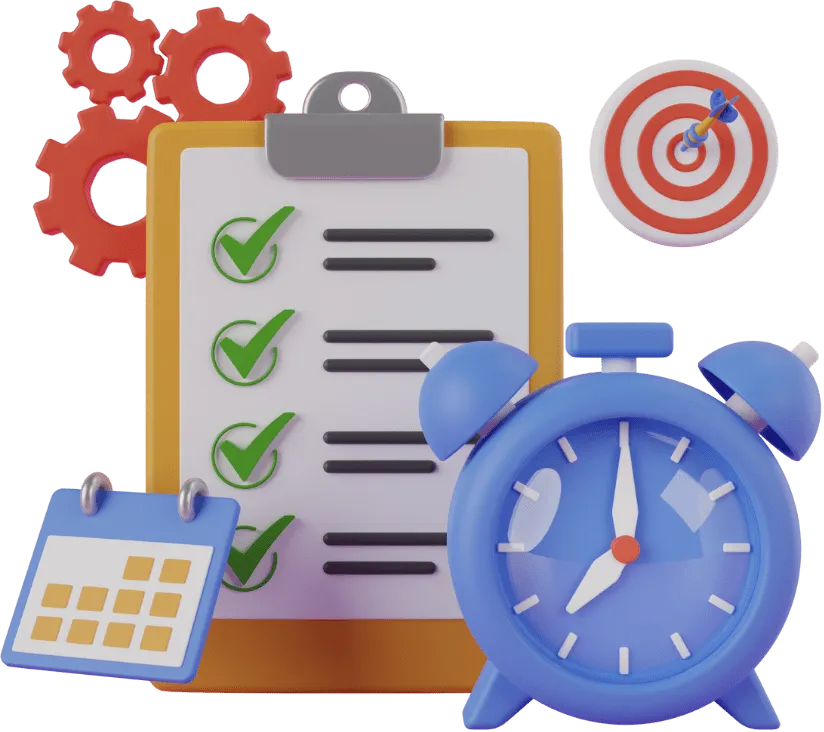
- Document Review: Nexlaw.ai and similar tools can review 100 pages in 3 minutes, compared to 1–4 hours for a human.
- Drafting: Lawyers spend up to 56% of their time drafting. AI can halve this, freeing up time for higher-value work.
- Error Reduction: Human error rates in contract review are 10–20%. AI with oversight can reduce this to under 4%.
Adoption Trends

- 2023: 19% of Canadian lawyers used AI tools
- 2024: 79% adoption rate (Clio Legal Trends Report)
- Top Use Cases: Document review, legal research, contract drafting, compliance checks
Real-World Testimonials
Laffey Bucci D’Andrea Reich & Ryan (Cross-Border Practice)
Guy D’Andrea, a partner, observed that AI tools like CoCounsel allow lawyers to “hyper-focus on that incredibly important skill set and less on the everyday monotony.” He reports saving weeks on assembling chronologies and reviewing evidence.
Valiant Law
Safa Riadh, an attorney, uses AI-assisted research to serve more clients efficiently: “The transformation from books to online research and then to AI-Assisted Research is unreal.”
Navigating Ethics and Regulation
Canadian Guidance
- Competence: Lawyers must understand and supervise AI tools (FLSC, Model Code of Professional Conduct).
- Verification: All AI-generated content must be reviewed before submission to court or clients.
- Privacy: Tools must comply with PIPEDA and provincial privacy laws.
- Copyright: Use of legal databases must respect licensing agreements.
Real Case: CanLII vs. Caseway AI
In 2024, CanLII filed a lawsuit against Caseway AI for unauthorized scraping and use of its legal database. This case underscores the importance of copyright compliance and ethical sourcing of legal data.
Choosing the Right Legal AI Tool: A Practical Checklist
| Factor | Consumer-Grade AI (e.g., ChatGPT) | Professional Legal AI (e.g., Nexlaw.ai) |
|---|---|---|
| Focus | General-purpose | Canadian law-specific |
| Data Quality | Unfiltered internet data | Curated, authoritative legal data |
| Accuracy | Variable, prone to errors | High, with human oversight |
| Security | Lower | Robust, AWS |
| Compliance | Limited | Designed for legal regulations |
| Support | Limited | Dedicated legal tech support |
The Road Ahead: Trends and Challenges
What’s Next for Legal AI in Canada?
- Deeper Integration: AI tools will further integrate with practice management, billing and client communication systems.
- Regulatory Oversight: Expect more detailed guidance from law societies and possibly federal/provincial regulators.
- Transparency and Benchmarking: Vendors will need to provide clearer performance metrics and data provenance.
Ongoing Challenges
- AI Hallucinations: Even professional tools can make mistakes. Human-in-the-loop review remains essential.
- Bias and Fairness: AI models must be audited to prevent systemic bias, especially in areas like criminal or family law.
- Access to Justice: AI has the potential to make legal services more affordable and accessible, but only if implemented responsibly.
Conclusion
Legal AI tools like Nexlaw.ai are redefining the practice of law in Canada. By automating repetitive tasks, improving accuracy and supporting lawyers in research and drafting, these tools enable legal professionals to focus on higher-value work and deliver better outcomes for clients.
However, the adoption of AI comes with significant ethical and professional responsibilities. Real-world cases-such as the BC “AI hallucination” incident and the CanLII copyright lawsuit-underscore the need for diligence, verification and ongoing education.
As the technology matures, Canadian lawyers who embrace AI thoughtfully and ethically will be best positioned to thrive in the evolving legal landscape.
